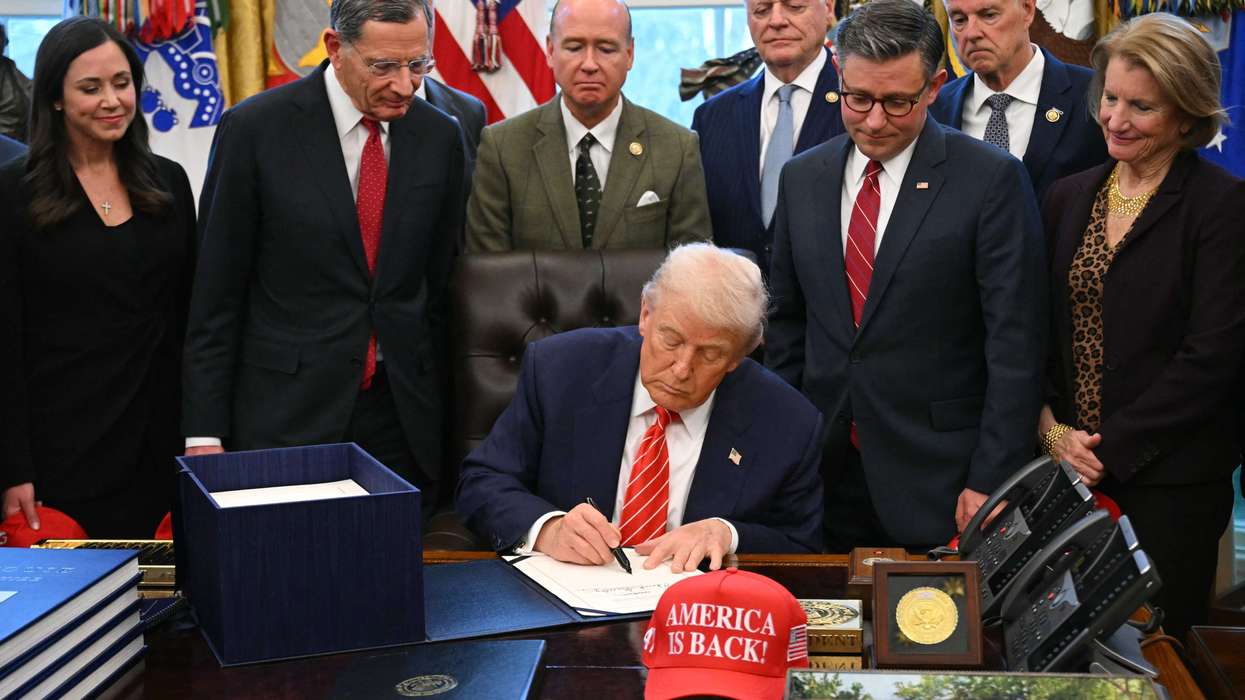OCCUPANCY FOR U.S. hotels rose slightly in the first week of December, according to STR. Timing and the Thanksgiving holiday weekend may have played a role in that uptick.
For the week of Dec. 5, occupancy was 37.4 percent, up from 36.2 percent the previous week and down 37.9 percent from the same time the year before. ADR was $86.21 compared to $92.49 the previous week, a 33.1 percent decline year over year. RevPAR was $32.23, down from $33.49 on a weekly basis and down 58.4 percent year over year.
“With slightly higher demand after Thanksgiving, occupancy improved after several weeks of lowering levels. With a tougher year-over-year comparable, however, the country’s RevPAR decline was its worst since late June.”
STR’s top 25 markets together saw lower occupancy than the national average at 35.1 percent and higher ADR at $91.43. The highest occupancy level was seen in Tampa/St. Petersburg, Florida, with 46.1 percent.
Markets with the lowest occupancy levels for the week included Minneapolis/St. Paul, Minnesota-Wisconsin, with 24.5 percent and Oahu Island, Hawaii, at 21.2 percent.





